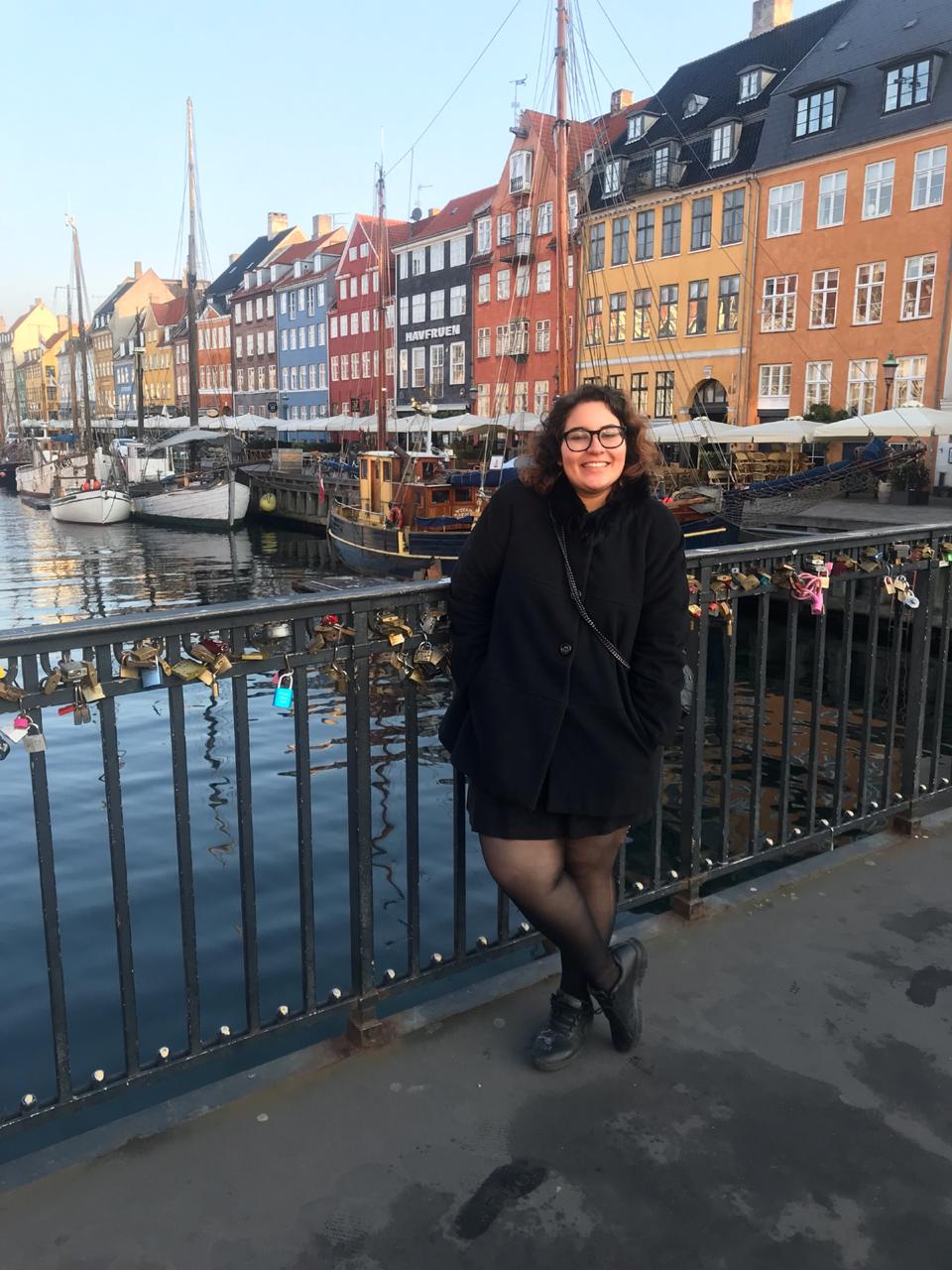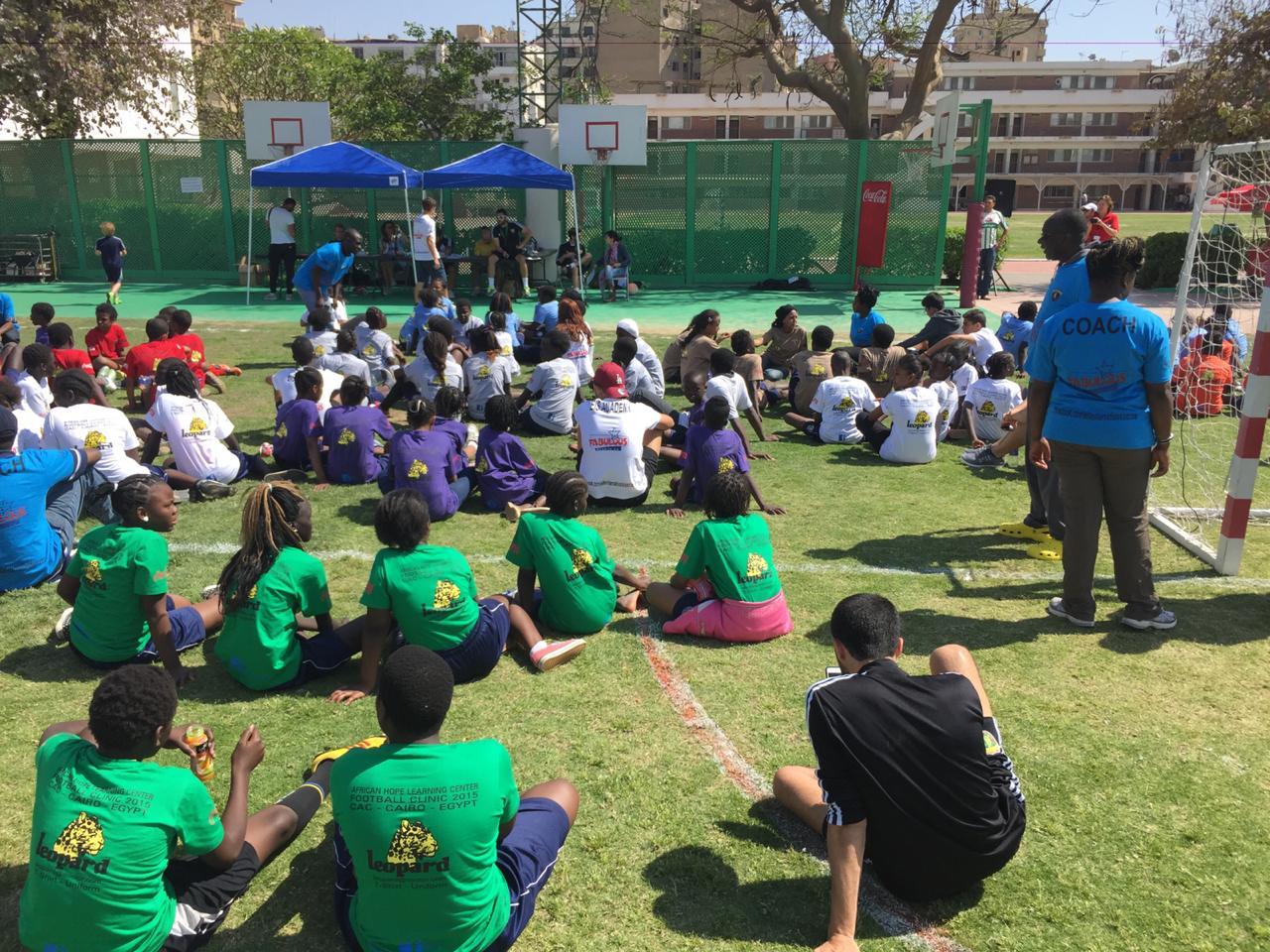Protest Law Restricts Freedoms?
By: Roqaya Zamzam
According to the state information services website, the draft protest law has raised controversy in Egypt, as most political parties and civil society organizations consider it a setback for human rights and freedom of protest.
Political activists have demanded that the government delay discussions on the protest law until a legislative body is elected.
On their website, it was stated that Interim President, Adli Mansour, received the government’s draft protest law for review on Nov. 12.
Presidential Spokesperson, Ehab Badawi, said in a statement that the presidency received the draft law after it was amended by the government, and that the interim president would review the law’s contents before formally issuing it.
The law puts four measures that should be followed to authorize demonstrations and exempt it from legal accountabilities.
According to attorney Mohamed El-Mallah, a member of the Egyptian Bar Association, this law requires that protest organizers to report protests to the Ministry of Interior (MOI) at least four days prior to their scheduled date.
It also states that protests should not disrupt public activities or cause any disturbance to other citizens.
He added that any kind of weapons, fireworks and destruction of public property in any protest would deem it unpeaceful.
El-Mullah believes that after applying the changes suggested by the organizations that revised the law, it will match other laws written in many democratic countries.
“Our laws would be very similar to laws implemented in France and England. The government is trying to eradicate suppression and the use of force against protesters by placing certain policies that are specifically designed to identify peaceful protests,” explained El-Mullah.
Bahgat Korany, director of the AUC forum and professor of international relations and political economy said that he thinks that notifying the MOI four days prior to the protest doesn’t seem to be practical.
“As a citizen, I have the right to know who studies my demand of protesting and gives the green light for the protest to take place,” said Korany.
He added that he needs to be given justifications if his proposed plan of protesting was disapproved.
He also explained that citizens should be granted the right to contest if they were precluded from protesting.
“Constitutions from different countries around the world have allowed freedom of expression under certain conditions ensuring the safety of the citizens,” said El -Mallah.
El-Mallah added that such laws “necessitate the responsibility of each citizen towards [their] country.”
“Constitutions from different countries around the world have allowed freedom of expression under certain conditions ensuring the safety of the citizens,” said El -Mallah.
Korany raised concerns against some of the aspects in the laws that can lead to problems when applied.
He believes that organizing protests is important but gaining control over protestors and their objectives becomes the main problem from such laws.
“For the sake of national security, rules should be set to manage protests; however, we should be aware of the limitations and that such rules affect the substance of the right itself,” he said.
“The law demands that protests be held in big squares and main streets which creates a dilemma on its own. If I am a worker who wants to protest against my managers how can my voice be heard if the protest takes place outside the workplace?” he added.
Korany said that he is against abuse from either side, whether protestors who use the demonstrations to destroy public or private property just to damage reputation of basic opposition or the governments who limit the right of citizens to express their point of views.
He added that at such rough times certain measures could be taken to protect the country from any danger.
“We have so much fluidity and things are getting out of control which raises fears that infiltrators can hurt the primary cause of any protest,” he said.
Organizing protests into a frame is a good temporary solution that could be applied until the country becomes more stable, he added.
Korany believes that different arguments are always discussed to objectively reach middle grounds regarding important decisions.
“It is a non-negotiable that everybody has the right to express their opinion. What we are discussing is the behavior with which protests can communicate their opinions,” he said.
Arrangements are being made between different organizations, associations and the government to discuss any faults in the law before it is issued and implemented.
Before the protest law, an emergency law was enforced in Egypt. It allowed security forces to detain peaceful protestors, journalist and bloggers without a basis for arrest, according to a statement issued in 2010 by the Human Rights Watch, an organization specialized in protecting human rights.



